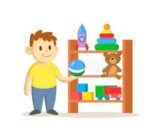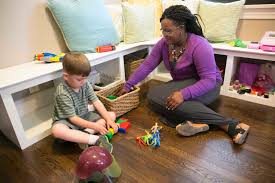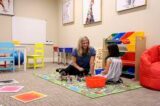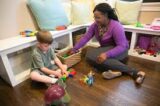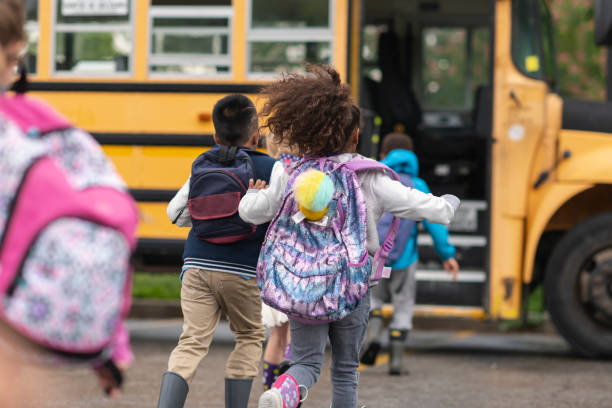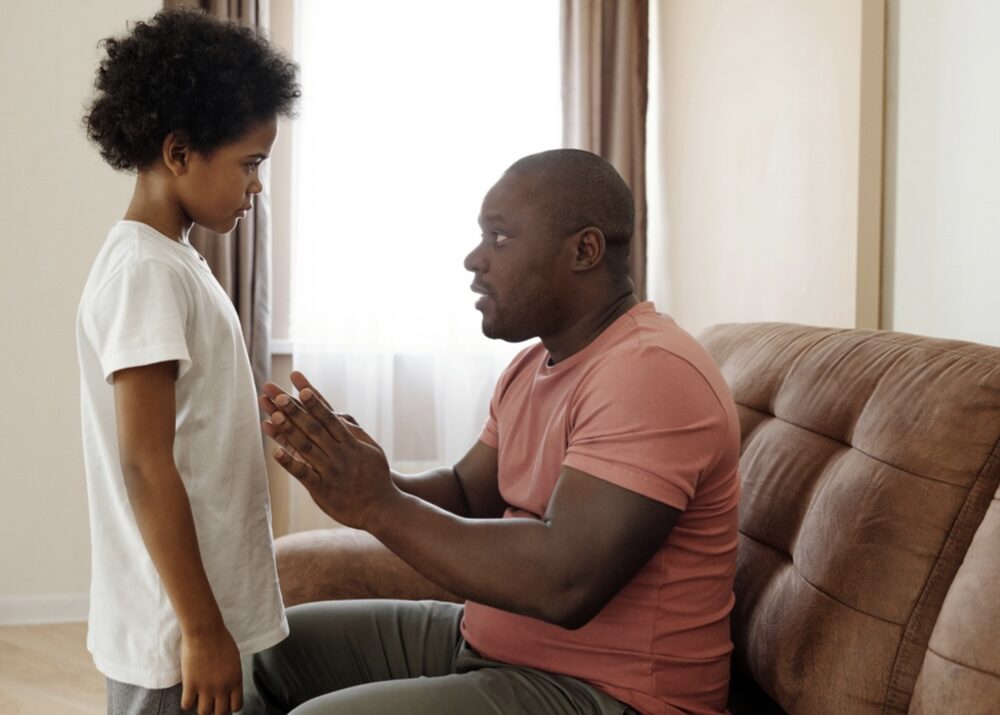
For many people facing mental health challenges, prescription medication can be an important component of a comprehensive treatment plan. Here are five evidence-based reasons why medication might be the right option for your mental health journey:
1. You Have a Diagnosed Condition That Responds Well to Medication
Certain mental health conditions, such as major depressive disorder, generalized anxiety disorder, bipolar disorder, and schizophrenia, have shown significant improvement with FDA-approved medications. Research has demonstrated that antidepressants like selective serotonin reuptake inhibitors (SSRIs) can effectively alleviate symptoms of depression, especially in moderate to severe cases (APA, 2021).
2. Therapy Alone Isn’t Providing Enough Relief
While psychotherapy is highly effective for many individuals, it may not fully address symptoms for everyone. Studies indicate that a combination of therapy and medication often yields better results than either approach alone, particularly for conditions like anxiety and depression (NIH, 2022).
3. Your Symptoms Interfere With Daily Functioning
When mental health symptoms significantly disrupt your ability to work, study, or maintain relationships, medication may help stabilize your condition. For example, mood stabilizers and antipsychotics are crucial for individuals experiencing manic or psychotic episodes, enabling them to regain control over their lives (NAMI, 2023).
4. There Is a Biological Component to Your Condition
Mental health disorders often involve imbalances in brain chemistry. For instance, low levels of serotonin are linked to depression, and dopamine dysregulation plays a role in schizophrenia. Medications are specifically designed to target these biochemical pathways, helping to restore balance and improve symptoms (Mayo Clinic, 2023).
5. You Want to Prevent Relapse
For individuals who have experienced recurrent episodes of depression, anxiety, or bipolar disorder, maintenance medication can reduce the risk of relapse. Long-term studies suggest that staying on prescribed medications under medical supervision significantly lowers the likelihood of symptom recurrence (WHO, 2023).
Next Steps
If you think medication might be right for you, the first step is to consult with a licensed psychiatrist or psychiatric nurse practitioner. At Crossroads Family Counseling Center, our experienced psychiatric nurse practitioner, Sarah McCarthy, PMHNP-BC, is here to help. She will assess your symptoms, medical history, and lifestyle to determine the most effective treatment plan tailored to your needs. Scheduling an appointment with a provider is a proactive step toward better mental health. Remember, the decision to start medication is deeply personal and should be made with professional guidance.
For more information, visit these resources:
- American Psychiatric Association
- National Alliance on Mental Illness (NAMI)
- National Institute of Mental Health (NIMH)
- World Health Organization (WHO) Mental Health Resources
Taking the first step toward treatment can feel daunting, but you don’t have to do it alone. Reach out to a mental health professional today to explore your options.
Disclaimer: This blog is for informational purposes only and does not constitute medical advice. Decisions about prescription medication should always be made in consultation with a licensed healthcare provider who can assess your individual needs.
Written by Sarah McCarthy, MSN, FNP-BC, PMHNP-BC, is a Family Medicine and Psychiatric Mental Health Nurse Practitioner. Sarah earned a bachelor’s degree in Psychology at Smith College, then a Masters in Nursing from Johns Hopkins University, followed by advanced practice studies in Family Medicine at Simmons College. She completed her Psychiatric Mental Health Nurse Practitioner certification at George Washington University.


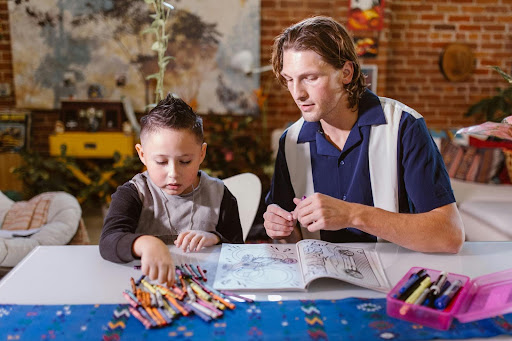

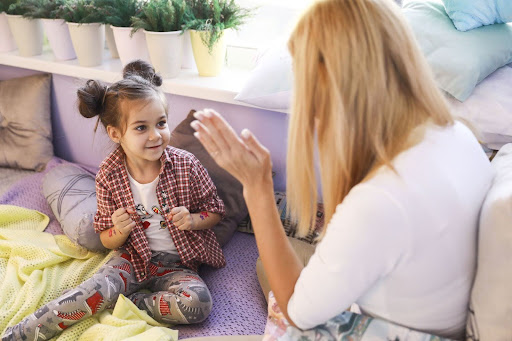

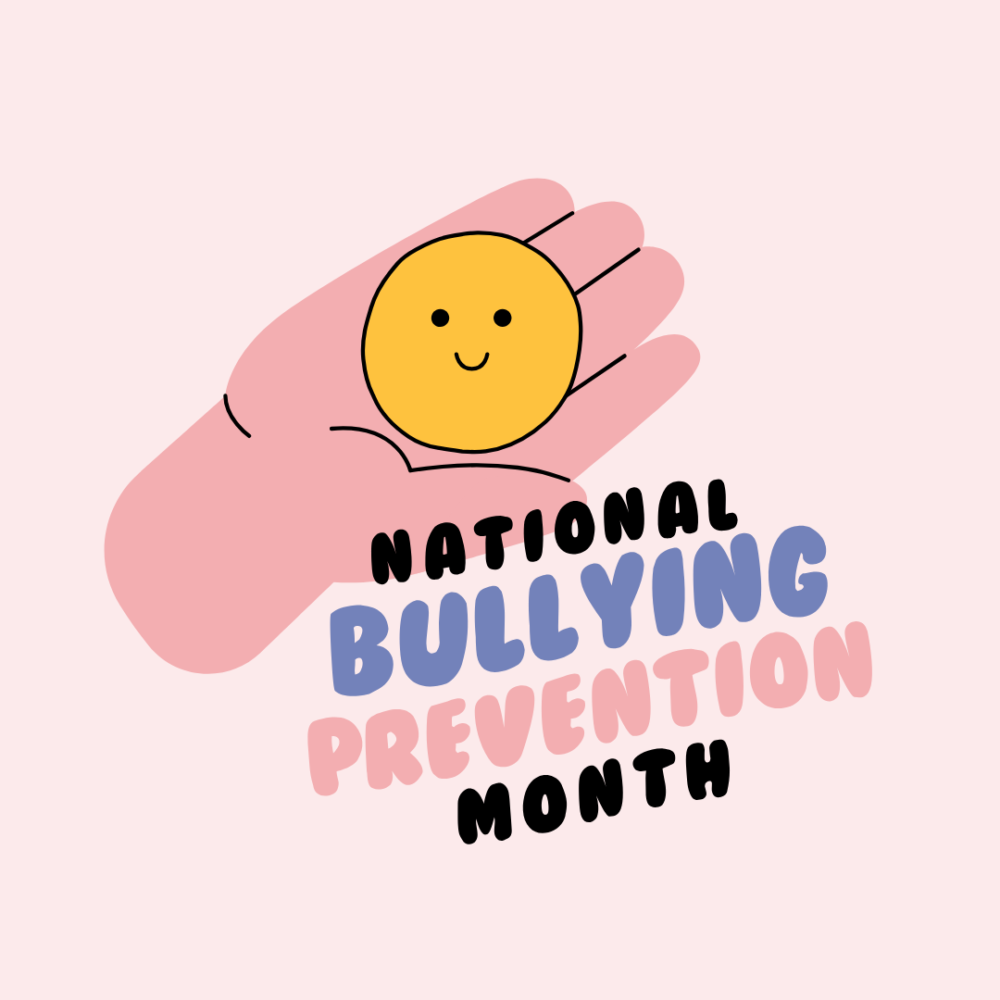
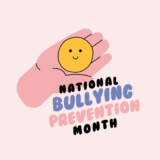


 By Anya Willis, from
By Anya Willis, from 








